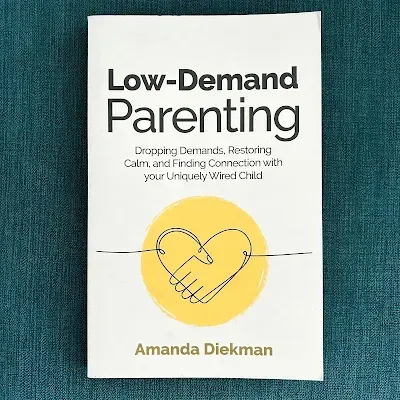The "choice" to breastfeed
Bodyfeeding, usually referred to as breastfeeding, is almost always framed as a choice [1].
“Choosing to breastfeed or bottle-feed with formula is one of the first important decisions. Here's how to decide what's right for you and your baby.” – Healthline website
On one level, there is an element of decision-making involved. You might find it helpful to set yourself a goal on how long you want to bodyfeed for. Or you might decide that formula-feeding is the best decision for your family.
But framing bodyfeeding/formula feeding as a binary choice implies that simply making the decision is the most important factor [2].
But if deciding is all that is required, why do so many parents not meet their own bodyfeeding goals?
The reason is that we do not make these choices in a vacuum. Every parent who wants to bodyfeed faces a unique set of supports and barriers to doing so.
Some examples of support for bodyfeeding:
- Adequate parental leave and/or lactation support at work
- Access to quality professional support to overcome bodyfeeding challenges
- Partner support to bodyfeed — both emotionally and practically
Some examples of barriers to bodyfeeding:
- Birth parent and baby being separated after birth
- Social pressure from friends and family not to bodyfeed
- Feeling uncomfortable bodyfeeding around other people or in public
When we as a culture ignore barriers to bodyfeeding, individuals tend to blame themselves when they don’t meet their own bodyfeeding goals. Many parents experience bodyfeeding as their first parenting ‘failure’ [3].
Conversely, supports for bodyfeeding are a form of invisible privilege. Parents who have an easy breezy time bodyfeeding might find it hard to empathise with peers who are experiencing challenges or who decide [4] to wean earlier than planned.
Acknowledging that each of us brings a different background to our infant feeding journey helps facilitate connection over judgment — both self-judgment and judgment of others.
Next fortnight I will send out part two of this series on bodyfeeding, in which I will provide a longer list of barriers and supports, and also explore how to seek support for bodyfeeding within your field of capacity.
Reflection questions
If you are postpartum…
- What has your infant feeding journey been like? Did you meet your own bodyfeeding goals (if you had any)?
- What challenges have you experienced in your infant feeding journey? What joyful moments?
If you are expecting to be a parent…
- What are your goals or expectations of infant feeding?
- If you plan to bodyfeed, what supports and barriers do you anticipate experiencing?
My services
Queer Parents’ Circle:
Infant feeding is one of the main topics we explore in my Queer Parents’ Circle program. Have you ever wanted to talk about your experiences with infant feeding within an inclusive, non-judgmental space, and connect with other parents who may or may not have had the same experiences? Queer Parents’ Circle is a great opportunity to connect with likeminded parents in your local area. Next intake is February 2025. Click here to read more, or reply to this email with any questions you might have.
Drop-in service:
If you are experiencing challenges with infant feeding (or any other area of parenting/postpartum) and you live in inner-west Naarm, feel free to come to my drop-in service, where I can help you articulate your challenges, explore options, find resources and refer you to other services if needed. Every Thursday morning at Yarraville Library, 11:30am-12pm (after Baby Rhyme Time).
Footnotes:
[1] In this article I refer to bodyfeeding because it is inclusive of everyone, including people who identify more with the term breastfeeding. The exception to this is when referring to a study, because the study itself only had partic
[2] And what’s more, this ‘decision’ is framed as a binary between bodyfeeding and formula feeding. Here are some ways to feed babies beyond this binary:
A. Mixed’ or ‘combination’ feeding, which means sometimes using formula and sometimes bodyfeeding.
B. Feeding expressed human milk from a bottle.
C. Tube feeding. This is usually done when the baby can’t suckle because of a health condition, commonly related to premature birth. Babies can be feed colostrum, mature milk, or formula via tube-feeding.
D. Using a supply line, also known as a breastfeeding supplementer or a supplemental nursing system. This can be done to ‘top up’ a feed while bodyfeeding. It can also be used so that parents who are not lactating can experience bodyfeeding, either trans parents or adoptive parents. Some adult adoptees are uncomfortable with adoptive parent breastfeeding - for an adoptee perspective on this read here.
[3] This is connected to "patriarchal motherhood" and the "good mother myth". These concepts have been developed by Dr Sophie Brock.
[4] Again, ‘decide’ is a problematic term here.
